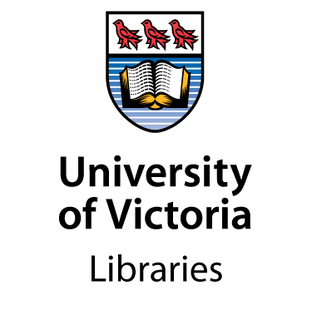Your Language. Your Writing. Your Voice.
Full description
During his keynote address for CWCA/ACCR’s 2022 conference, Dr. Vershawn Ashanti Young ended with a call for Canadian Writing Centre professionals to create a resource for students on translingual academic writing. He recommended creating a bank of writing samples that demonstrate what translingual academic writing can look like. In answer to his call, our Student Success team, led by Writing Services, created a translingual academic writing bank called, “Translingual Writing: Your Language. Your Writing. Your Voice.”
As an alternate academic unit that teaches writing primarily through academic support, we positioned this resource outside the curriculum. Our purpose was to show students how they might put their cultural and linguistic identities back into academic writing. We recognize that this translingual writing bank is aspirational and that many students are writing for classroom assessments that don’t acknowledge the rich linguistic capital they bring to the academic discourses of their field. For that reason, this resource also gives students a template for beginning a conversation with their instructors about possibly using translingual writing in course assignments.
Finally, the choice to share this resource on a public-facing webpage created particular constraints around writing style, formatting, and positioning. It was important to us that the translingual writing bank be open-access and easily available to students. As such, we worked closely with our university’s web design team to tailor the resource to the brand standards and style guidelines for external communications. The access this platform afforded also occluded other elements of the work such as by lines and full citations for the research. Those interested can read more about the process of creating this resource along with full citations for the resource on the CWCA/ACCR blog.
It is our hope that this resource will be a “rough draft” of sorts for other institutions that may wish to do similar work for their faculty and students. We hope that other writing centres and writing faculty will gain inspiration from our translingual writing bank and improve on the foundation we’ve laid. In this way, we hope to draw closer to Geneva Smitherman’s (1995) vision for all of us teaching writing: to legitimize, “the culture, history, and language of those on the margins” (21).
Bios:
Elizabeth Clarke is a Learning Consultant for Academic Equity Programs at Wilfrid Laurier University, where she is deeply committed to fostering inclusive learning environments and advancing social justice. With a background in social work and wealth of experience supporting equity deserving individuals, groups and communities. In her role, Elizabeth supports Black and racialized students in developing essential learning and study skills to achieve academic success. She collaborates with the Transition & Learning Services and the Centre for Student Equity, Diversity & Inclusion to deliver transition support and academic equity programs. Her work emphasizes equity, diversity, and inclusion perspective, ensuring that programming and support are both culturally relevant and holistic, while empowering students on their personal and academic journeys.
Christin Wright-Taylor earned her BA in Writing and Communication Arts from Indiana Wesleyan University in 2002, her Master of Fine Arts in Creative Writing from Antioch University of Los Angeles in 2006, and her PhD in English Language and Literature from University of Waterloo in 2021. She has been teaching writing since 2006 at the postsecondary level in addition to providing writing support in writing centres at Gettysburg College and University of Waterloo. As the Manager of Writing Services at WLU, she provides strategic leadership, program direction and operational oversight of the multi-campus Writing Support unit, as well as the Laurier Scholars Award Program, Academic Integrity initiatives and English Language Learners Writing and Communication Support. Her academic research focuses on rhetoric and composition, specifically how to leverage both translingual and second language writing theory to provide effective writing support for translingual students.
Comments
to view and add comments.
Annotations
No one has annotated a text with this resource yet.
- typeDocument
- created on
- file formatdocx
- file size43 kB
- creatorChristin Wright-Taylor and Elizabeth Clarke
- rights

